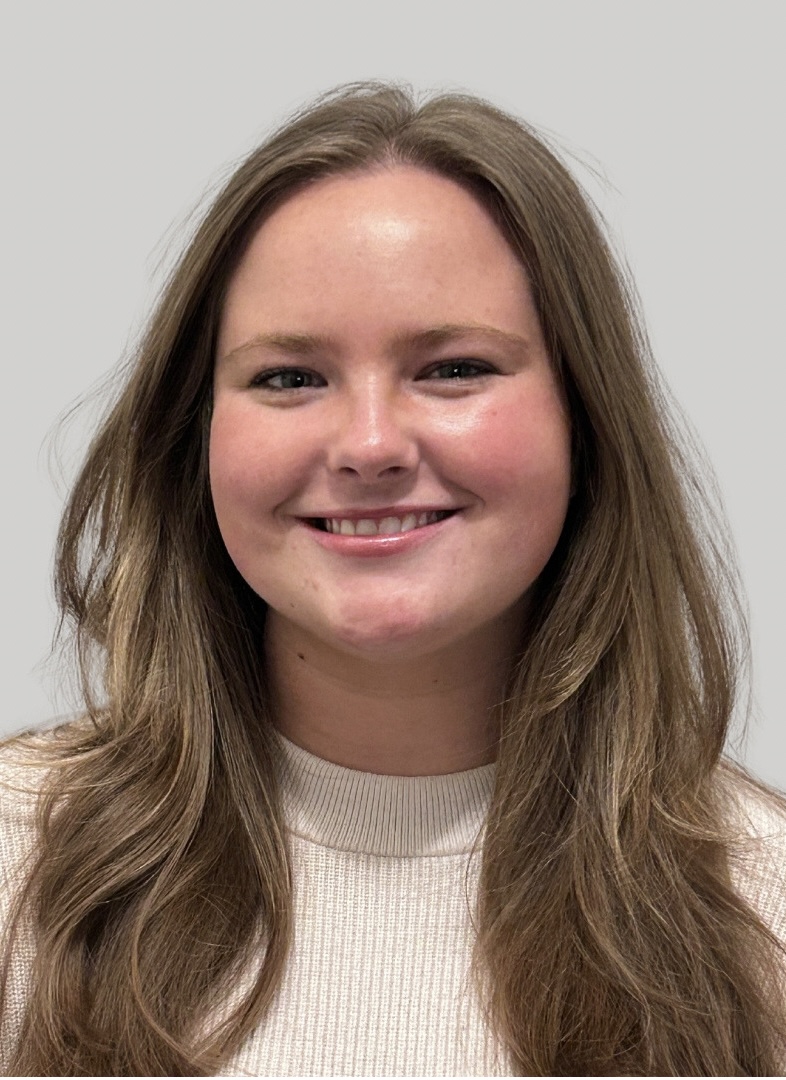Connections and Collaboration in the Mountains
Tuesday, June 11, 2024
Digital Beat
Connections and Collaboration in the Mountains

On June 4, the Institute for Emerging Issues (IEI) at North Carolina State University, in partnership with the Dogwood Health Trust, hosted Digital Opportunities: Growing Connections Across North Carolina at Blue Ridge Community College in Flat Rock. A celebration of the completion of digital inclusion plans for the five Western Councils of Government—covering 24 North Carolina counties and the Qualla Boundary, the event brought together over 100 digital inclusion practitioners from across the state.
After introductions from IEI director Sarah Langer Hall, Blue Ridge Community College President Dr. Laura Leatherwood, and Dogwood Health Trust’s Sarah Thompson, the conference kicked off with a panel on Working With Funders to Support Digital Inclusion. Moderated by Maggie Woods, Deputy Director of the NC Office of Digital Equity and Literacy, panelists discussed coalition building and how to find the right funders for digital inclusion projects. Scott Southern, Director of Grants Administration for the SECU Foundation, and Sarah Thompson talked about the role of philanthropy in filling in gaps left by federal funding. The Hispanic Federation’s Lariza Garzon spoke about the importance of listening to community members and responding to their needs.
In the next panel, Rural Broadband Opportunities and Challenges, participants talked about the unique challenges of rural broadband, and highlighted some of the exciting projects they’ve been working on. Kevin Jackson, Director of the Office of Information Technology for the Eastern Band of Cherokee Indians, spoke about the importance of data sovereignty for native communities. Christa Vinson from Rural LISC and Samantha Schartman, Director of Philanthropic Programs at Connect Humanity, spoke about some of the rural programs they’ve worked on, including the Appalachia Digital Accelerator program. Panelists emphasized the importance of advocating for digital equity and inclusion and reaching out to marginalized communities. Schartman summed up the importance of continuing to fight for digital equity in rural communities, saying, “If you get to the end of access and don’t have a plan for adoption, you’re behind the eight ball again.”
After a lunch break where attendees made connections and enjoyed the beautiful, North Carolina mountain weather, there were three breakout sessions to choose from. The Engaging Across Sectors for Digital Inclusion Collaboration session featured Tatiana Magee, Regional Planner for the High Country Council of Governments, Don Michael, Digital Literacy Specialist at Central Piedmont Community College, and Brian Scott, Executive Director of OurJourney. Panelists spoke about the importance of creativity and resourcefulness when working on digital inclusion projects. Magee spoke about High Country COG’s Device Diagnostic Days, which relied on volunteers and donated supplies and services to provide free computer support to Watauga County residents. Panelists recommended looking at universities, community colleges, volunteers, and faith-based institutions for funding opportunities and assistance. They also touched on the importance of capital stacking—layering and diversifying funding sources.
The penultimate panel focused on starting and sustaining projects. Shalondra Greenlee, Director of Recovery and Resiliency for NC Counts, emphasized the importance of building and maintaining trust, as well as collaborating with organizations that have already built trust in the community. In regards to sustainability, Hispanic Federation’s Peter Michelen underscored the need for collaboration in digital equity work, while E2D Director of Technology Ashley Smith emphasized the importance of establishing infrastructure now in anticipation of development in the future. Finally, all panelists touched on the need to be flexible and open to new opportunities.
The conference closed with a fireside chat on Building a Robust Digital Inclusion Ecosystem featuring the National Digital Inclusion Alliance’s Amy Huffman and Bruce Clark, Executive Director of the Center for Digital Equity. Clark spoke about the importance of building sustainable ecosystems through increasing awareness of digital equity, building strong support networks, and operationalizing digital equity ecosystems. Huffman spoke about the importance of connecting and building partnerships in advance of federal funding in order to make the best possible use of the opportunities that are coming to the digital inclusion field.
Overall, the conference brought together many talented and dedicated people who are working to advance digital equity for all North Carolinians. Across the board, speakers and attendees emphasized the need for flexibility, creativity, engaging with the community, and above all, collaboration.
Zoë Walker is a Writing Associate at the Benton Institute for Broadband & Society.
The Benton Institute for Broadband & Society is a non-profit organization dedicated to ensuring that all people in the U.S. have access to competitive, High-Performance Broadband regardless of where they live or who they are. We believe communication policy - rooted in the values of access, equity, and diversity - has the power to deliver new opportunities and strengthen communities.
© Benton Institute for Broadband & Society 2024. Redistribution of this email publication - both internally and externally - is encouraged if it includes this copyright statement.
For subscribe/unsubscribe info, please email headlinesATbentonDOTorg






